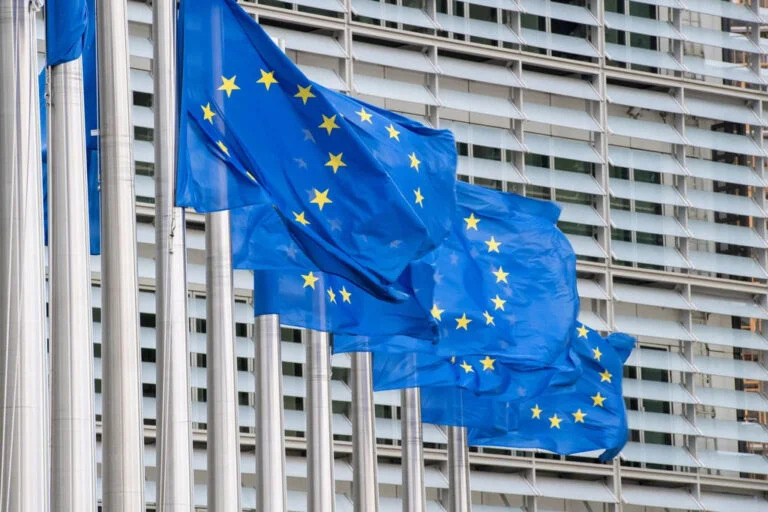EU's €3 Billion German-Dutch RFNBO Scheme to Boost Renewable Hydrogen Production
Key Ideas
- The EU approved a €3 billion German-Dutch scheme to support the production of renewable fuels of non-biological origin (RFNBOs), with a focus on renewable hydrogen.
- Germany and the Netherlands will contribute €2.7 billion and €300 million, respectively, to support the construction of at least 1.875 GW of electrolysis capacity.
- The scheme will help meet the countries' RFNBO demand from 2030 onwards, reduce CO2 emissions, and support the EU's ambition for large-scale deployment of renewable hydrogen technologies.
- The design of the scheme aims to reduce costs for taxpayers, minimize competition distortions, and create international value chains to cut greenhouse gas emissions.
The European Commission has approved a €3 billion German-Dutch scheme to support the production of renewable fuels of non-biological origin (RFNBOs), including renewable hydrogen. Germany and the Netherlands will collectively contribute €3 billion to cost-efficiently support RFNBO production, with Germany contributing €2.7 billion and the Netherlands €300 million. The scheme aims to support the construction of at least 1.875 GW of electrolysis capacity through a competitive bidding process open to projects with an electrolyzer capacity of at least 5 MW.
This scheme is based on a double auction system, involving RFNBO producers, most of which will be in non-EU countries, and RFNBO buyers in Germany and the Netherlands. The companies offering to sell RFNBOs at the lowest price and buy at the highest price will receive contracts for the sale or purchase of the RFNBOs produced under the scheme, with State resources filling the funding gap.
Beneficiaries must adhere to EU criteria for RFNBO production, as outlined in the delegated acts on renewable hydrogen. The scheme is expected to meet the RFNBO demand from 2030 onwards, contribute to greenhouse gas emission reductions, and support the EU's goals for renewable hydrogen technologies deployment.
The scheme is part of the Clean Industrial Deal and aims to create international value chains that reduce emissions significantly. By supporting only the most cost-effective projects, the scheme intends to lower costs for taxpayers and prevent competition distortions.
This initiative complements previous German schemes, including one to support investments in renewable hydrogen production in non-EU countries and another to establish the Hydrogen Core Network (HCN) for long-distance hydrogen transport pipelines in Germany and Europe.
Topics
Electrolyzer
Renewable Fuels
Electrolysis
Climate Targets
State Aid Rules
Clean Industrial Deal
RFNBO Production
Latest News
